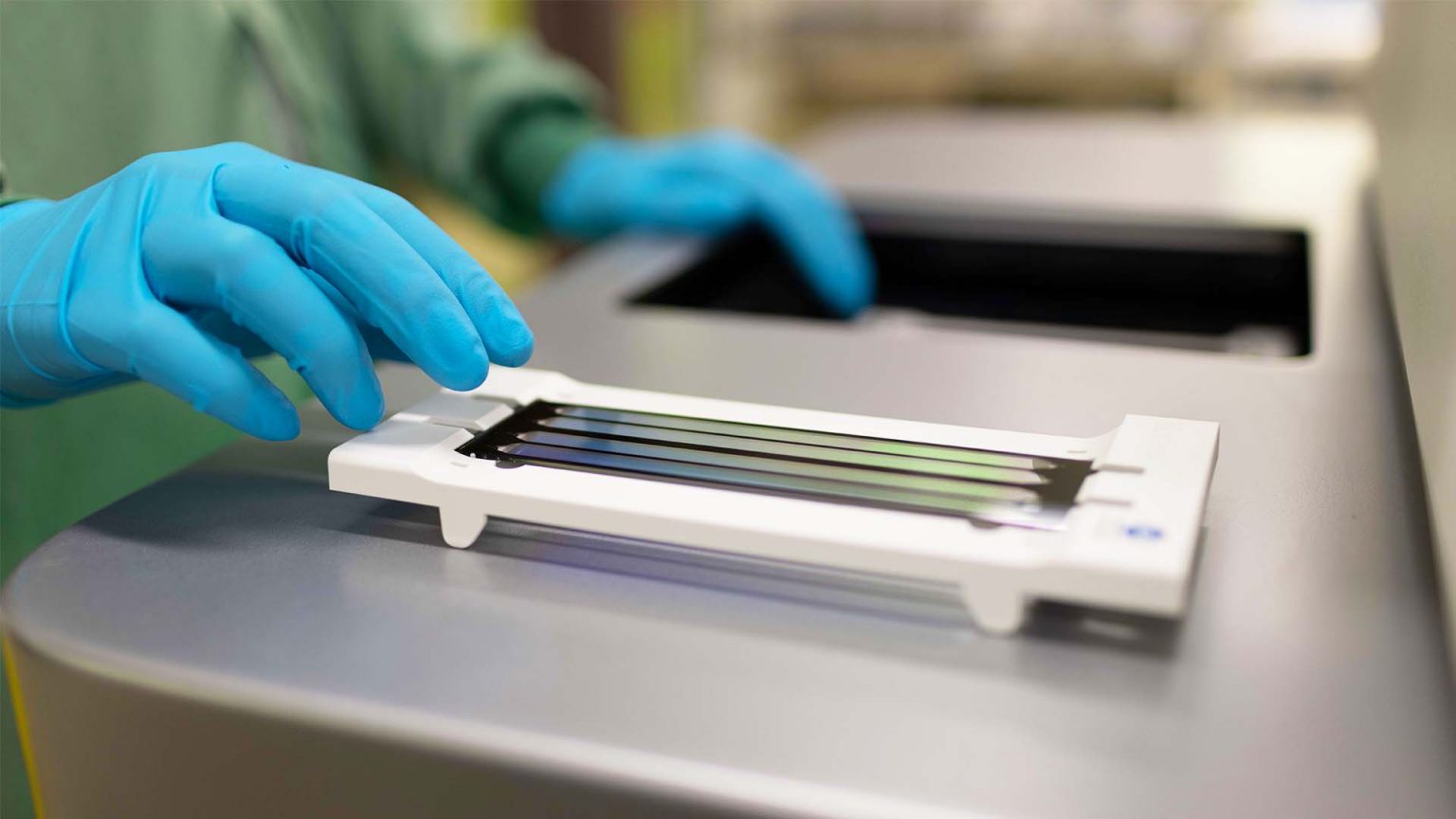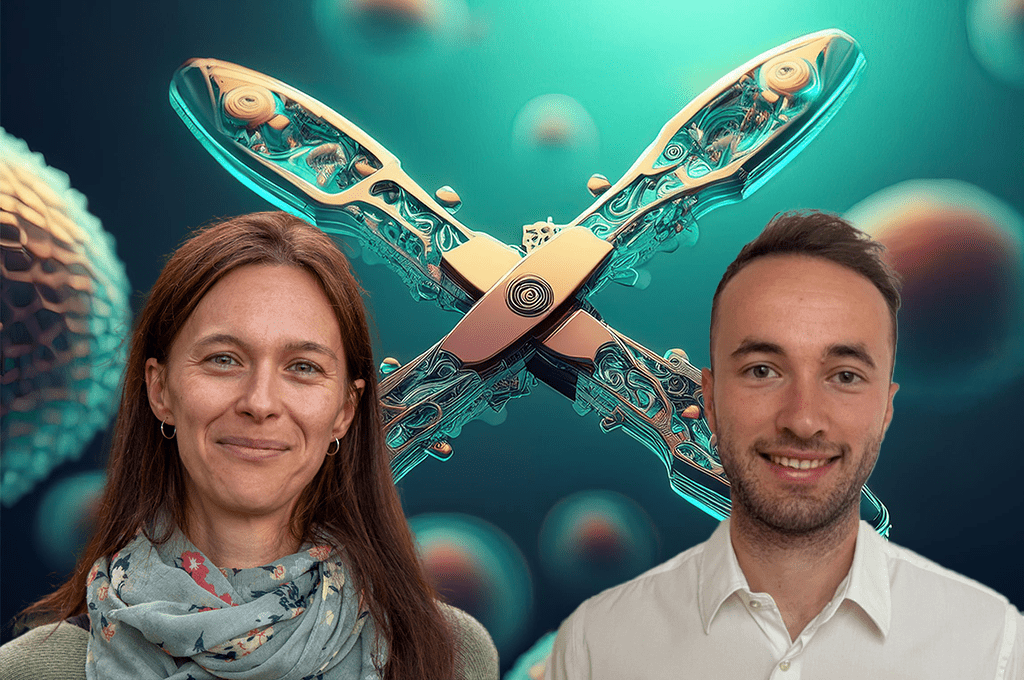Announcing the 2024 Clinical Technology Development Projects
The recipients of the 2024 Clinical Technology Development Projects (Clinical TDPs) call were announced earlier this year, with the projects officially starting last month. In total, 10 innovative projects received funding.
The call was described as follows: The SciLifeLab capabilities for Precision Medicine (PM) and Pandemic Laboratory Preparedness (PLP) invite clinical researchers, SciLifeLab infrastructure units, and PLP units to submit proposals for collaborative Clinical Technology Development Projects aimed at addressing unmet clinical needs.
“With this call, we invite SciLifeLab infrastructure units and PLP units to … submit proposals for collaborative projects that have the potential to advance precision medicine within a relatively near future,” said Åsa Johansson, Scientific Lead for Precision Medicine at SciLifeLab in a news article published earlier this year.
We reached out to the funded researchers to learn more about their projects.
Bernhard Schmierer (KI) – CRISPR-based diagnostics for AML hotspot mutations
CRISPR Functional Genomics will work with Bianca Tesi, Resident in Clinical Genetics at Karolinska University Hospital, to develop CRISPR-based diagnostics of mutations in acute myeloid leukemia to guide treatment decisions.
”CRISPR is well-known for gene editing, but its diagnostic potential is often overlooked. Enzymes like Cas12a display non-specific cleavage when bound to a guide and target DNA. Fluorescent probes that light up due to this ‘collateral’ activity enable precise, sensitive mutation detection. We hope to harness this feature for faster and more affordable diagnostic tests.”
Bianca Stenmark (ÖrU) – Shotgun metagenomic sequencing in clinical diagnostics for rapid sepsis diagnosis
Clinical Genomics Örebro is launching a project to implement shotgun metagenomics using long-read sequencing for faster sepsis diagnosis in ICU patients. This method aims to significantly reduce turnaround times for identifying pathogens and antibiotic resistance, addressing a critical gap in current diagnostics.
“We hope this new approach will help ensure patients receive timely and effective treatment, which is essential for improving survival rates in these critically ill patients.”
Hans Blom (KTH) – 3D pathology with diagnostic AI support
Hans Blom and his team will clinically validate optical nanoscale 3D kidney precision pathology with diagnostic AI image support. By not physically slicing biopsies in-context information is kept which allows us to better and earlier optically quantify and stratify individual disease progression.
“Kidney pathology goes 3D.”
Claudia Fredolini (KTH) – A multi-virus assay on dried blood spots (DBS): a powerful tool for enhanced screening and prevention of hepatitis
Affinity Proteomics Stockholm is collaborating with, Soo Aleman and Niklas Björkström, clinical researchers at Karolinska University Hospital, to develop an on-beads multiplex virus assay to detect hepatitis in quantitative dried blood spot.
“A patient-centric strategy based on microsampling will be viable in primary care, drug services and for self- and -mobile testing, improving access to prevention, testing, and treatment for hepatitis”
Mikael Åberg (UU) – Evaluation of novel rapid diagnostic platform for infectious diseases
Infectious diseases are a global challenge, exacerbated by antibiotic resistance and pathogen evolution. Addressing this threat requires promoting vaccine development, limiting antibiotic use, monitoring pathogens, and assessing immunity, all of which depend on efficient and precise diagnostic procedures.
“In this project, we work with the company Readily AB and Karolinska Institutet to provide a swift diagnostic tool that is as precise as lab tests but simpler to use, even at home. The rapid test is designed to detect an active infection by respiratory viruses either by an easy-to-use microfluidic chip or a high-throughput test without the need for instruments. Together we will validate the methodology in healthcare and at home-based testing.”
Anna M Nilsson (UU) – Innovative Biomarker Assay for PD and Atypical Parkinsonism Using MALDI-MSI Technology
This project seeks to develop a new diagnostic test for Parkinson’s Disease (PD) and PD Dementia and related conditions such as atypical PD, by identifying unique biomarkers in cerebrospinal fluid and plasma and is a collaboration with Prof. Per Svenningsson, Clinical Neurologist at Karolinska University Hospital. Using advanced mass spectrometry imaging, the team aims to create a tool that provides early and specific diagnosis, addressing a critical gap in current clinical approaches that rely mainly on symptom observation.
The research holds promise for transforming PD diagnosis and could lead to more targeted treatments, improving outcomes for patients with neurodegenerative diseases.
2024 Clinical Technology Development Projects:
Anna M Nilsson (UU) – Innovative Biomarker Assay for PD and Atypical Parkinsonism Using MALDI-MSI Technology
Bernhard Schmierer (KI) – CRISPR-based diagnostics for AML hotspot mutations
Claudia Fredolini (KTH) – A multi-virus assay on dried blood spots (DBS): a powerful tool for enhanced screening and prevention of hepatitis
Hans Blom (KTH) – 3D pathology with diagnostic AI support
Tobias Allander (KI) – Rapid diagnostic metagenomic sequencing
Robert Månsson Welinder (KTH) – From cytogenetics to cytogenomics: Implementing high-fidelity-long-read-based genome sequencing in clinical routine to provide comprehensive characterization of complex cancer genomes
Maria Pernemalm (KI) – Absolute quantification of HER2 using mass spectrometry to guide anti-HER2-low therapy in breast cancer
Mikael Åberg (UU) – Evaluation of novel rapid diagnostic platform for infectious diseases
Malgorzata Lysiak (LiU) – Nanopore sequencing for methylation-based diagnosis of brain tumors
Bianca Stenmark (ÖrU) – Shotgun metagenomic sequencing in clinical diagnostics for rapid sepsis diagnosis




